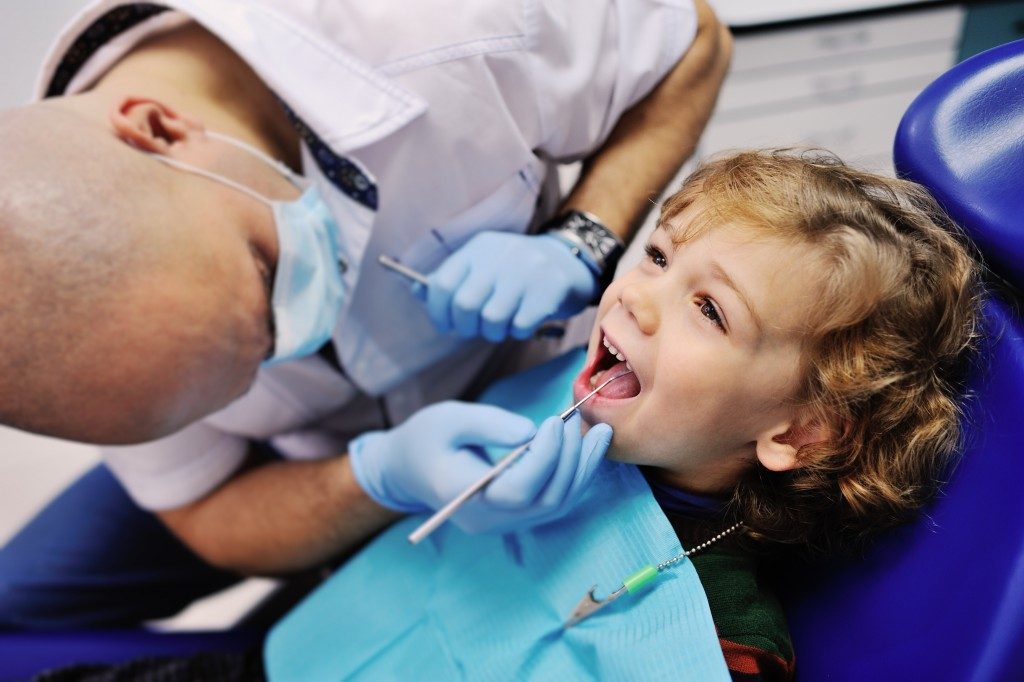You need to take your kids to the dentist so their teeth would stay healthy and to encourage great oral hygiene habits. However, children can get intimidated by the unfamiliar environment and instruments in the dental clinic. To ease them into their first trip to the dentist, here are some of the things you need to consider:
When to take your child to the dentist
The ideal time to take your kids to their first dental checkup might be earlier than you think. According to the American Academy of Pediatric Dentistry (AAPD), kids should have made their first visit to the dentist once the first tooth appears or before their first birthday.
How to select the right dentist
Most parents tend to choose their own dentist to be their kids’ dentist. If your dentist is experienced with having young children as patients, this can be a very good choice.
Pediatric dentists are a great choice too, since they have additional training in caring for and supervising children’s oral health. The facilities of pediatric dental clinics are also specially made to make children feel at ease, such as a waiting room filled with children’s books and toys. A pediatric dentist will also be ready to handle children’s distress or discomfort in the dental chair.
What to expect during the checkup

Your child’s first dental visit is meant to establish the foundations for good oral health. To check for areas that need improvement, the dentist will evaluate your child’s gums, teeth, jaw, bite and oral tissues. There might also be additional recommendations depending on the assessment, such as a gentle cleaning or a dental x-ray.
Afterwards, the dentist will talk to you about your role in your kid’s oral health. The discussion would typically involve your child’s oral development, risk of cavities, tooth decay, and other oral problems, and how to take care of your kid’s teeth at home.
How to prepare kids for their visit:
Children might have anxiety about their first dental checkup, and here are some ways you can alleviate that:
Check your words
Avoid using the words “shot”, “hurt” and “pain” when explaining medical or dental visits to children, and allow the staff at the clinic to introduce their own vocabulary to your child. Many dentists would have the parents tell their children that they are only going to check their kid’s smile and count their teeth. Also use positive phrases, such as “strong, healthy teeth”, so they would develop a positive impression about the visit.
Bring a toy
Prepare comfort toys from home to distract them and help them feel at ease in the waiting room and on the dental chair.
Give them a treat
Once you are done at the dental clinic, you can treat your child to a trip to the playground or any activity they enjoy. This would help them think of their trip to the dentist as a positive experience.
Be supportive
Cheer for your child and congratulate them when they cooperate well with the dentist. If they are having a hard time, you should still try to be supportive and not critical.
When preparing yourself and your child for their first dental visit, remember to stay relaxed. Kids can be very perceptive and sensitive of other people’s feelings, so they might pick up on your own stress and anxiety. Set the tone for them by staying positive about this new experience.

